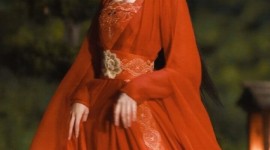The Rise of Hanfu Rental Services:Exploring the Cultural Revival of Traditional Chinese Fashion
In the contemporary world, where fashion trends are often fleeting and change with the seasons, there is a growing interest in traditional attire that transcends time and cultural boundaries. This is particularly evident in the revival of Hanfu, the traditional clothing of the Han Chinese people. As the appreciation for heritage culture grows, more individuals are embracing Hanfu as a form of cultural expression and personal identity. To cater to this demand, Hanfu rental services have emerged as a convenient and affordable option for those seeking to explore this ancient fashion.
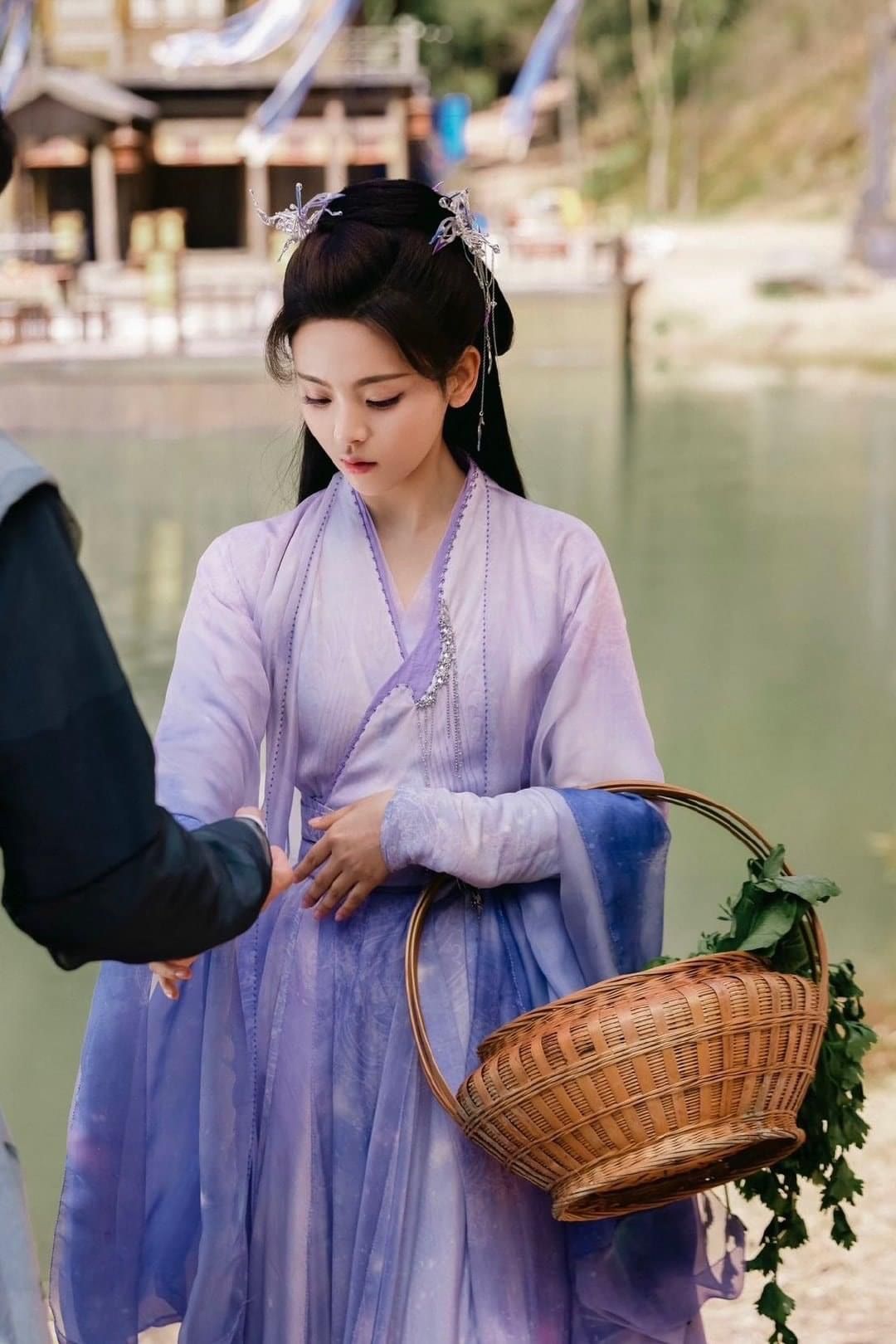
The concept of Hanfu rentals is not a new phenomenon, but it has certainly gained significant momentum in recent years. With the advent of social media and online platforms, the accessibility of Hanfu rentals has increased exponentially. This article explores the rise of Hanfu rental services and their impact on the cultural revival of traditional Chinese fashion.
Firstly, Hanfu rentals provide an excellent opportunity for individuals to experience the beauty and intricate details of traditional Chinese clothing without the commitment of purchasing them. For many, Hanfu represents a deep connection to their cultural roots and heritage. By renting Hanfu, individuals can participate in cultural events, festivals, or even everyday activities while embracing their cultural identity.
Secondly, Hanfu rental services cater to a wide range of tastes and preferences. With various styles, colors, and designs to choose from, rentals offer flexibility to explore different looks and styles without the financial burden of purchasing multiple outfits. This allows individuals to experiment with different styles and find what suits them best.
Moreover, Hanfu rentals provide an economic opportunity for entrepreneurs and cultural enthusiasts. As the demand for Hanfu increases, rental services have become a lucrative business venture. This has led to the emergence of numerous rental shops and online platforms that offer high-quality Hanfu at affordable prices. By renting out Hanfu, these businesses are not only providing a service but also promoting the cultural heritage and beauty of traditional Chinese fashion.
However, along with the growth of Hanfu rental services, there are also challenges that need to be addressed. One such challenge is the need for proper maintenance and care of the rented Hanfu. Ensuring the quality and longevity of the clothing requires strict maintenance procedures and quality control measures. Rental services must also ensure transparency in their pricing and services to build trust among customers.
Moreover, promoting the cultural significance of Hanfu is crucial. While many individuals appreciate the beauty of Hanfu, they may not fully understand its historical and cultural significance. Rental services can play a role in educating customers about the rich history and culture behind Hanfu, thereby fostering a deeper appreciation for this traditional attire.
In conclusion, the rise of Hanfu rental services is a testament to the growing appreciation for traditional Chinese fashion. It provides an excellent opportunity for individuals to explore their cultural identity and embrace their heritage. At the same time, it offers an economic opportunity for entrepreneurs and cultural enthusiasts. As the demand for Hanfu continues to grow, it is important to address the challenges associated with rentals, such as proper maintenance, transparency in pricing, and promoting its cultural significance. By doing so, we can ensure that Hanfu rental services continue to thrive and contribute to the cultural revival of traditional Chinese fashion.
Related Recommendations
-

The Enchantment of Ancient Hanfu:Unraveling the Rich Tapestry of Traditional Chinese Clothing
-
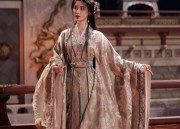
Summer in a Glow of Red:The Enchantment of a Little Girl in Traditional Hanfu Dress
-
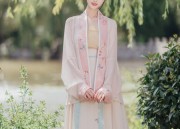
A Summer Enchantment:The Tang-Style Dress of the Little Girl
-
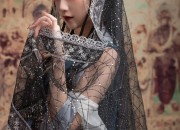
Wine Red Acetate Cheongsam:A Blend of Tradition and Modernity


